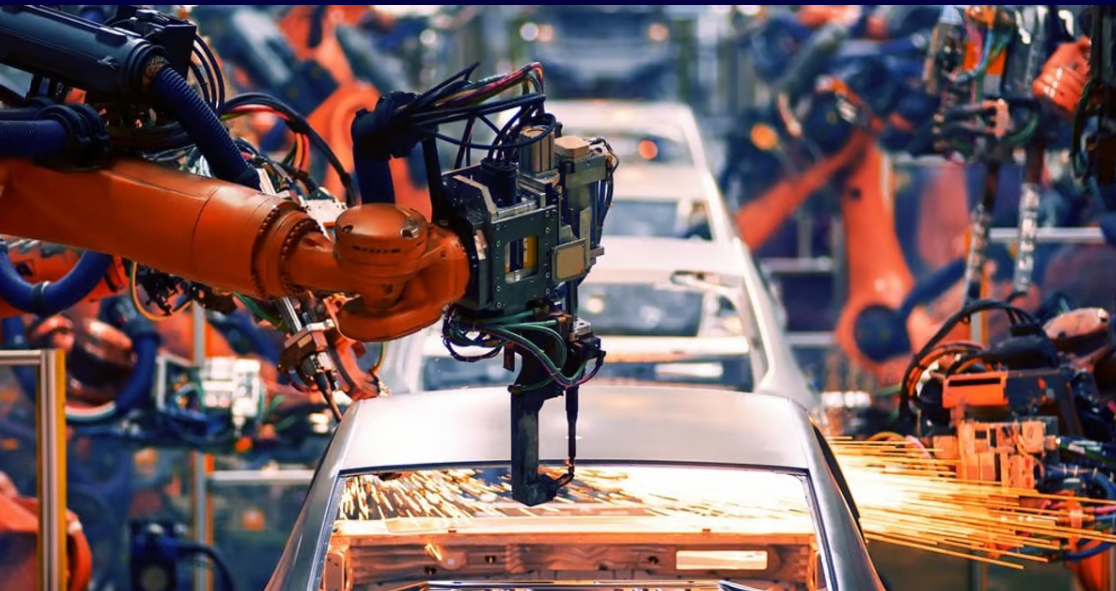
If you’re looking to take your manufacturing processes to the next level, implementing artificial intelligence (AI) could be the key to unlocking increased efficiency, productivity, and profitability. From predictive maintenance to quality control, AI can revolutionize the way your factory operates. In this article, we will delve into the benefits of implementing AI in manufacturing processes and how it can give your business a competitive edge.
What is AI in Manufacturing?
Artificial intelligence in manufacturing refers to the use of advanced technologies like machine learning, deep learning, and computer vision to automate processes, optimize production, and improve decision-making. By analyzing large amounts of data in real-time, AI systems can identify patterns, predict outcomes, and make autonomous adjustments to improve efficiency and quality.
Benefits of Implementing AI in Manufacturing Processes
- Predictive Maintenance: AI can analyze equipment data to predict when maintenance is needed, reducing downtime and preventing costly breakdowns.
- Quality Control: AI-powered systems can detect defects in real-time, ensuring that only products that meet quality standards are shipped to customers.
- Optimized Production: AI algorithms can optimize production schedules, inventory levels, and resource allocation to maximize efficiency and reduce waste.
- Supply Chain Management: AI can analyze historical data to predict demand, optimize inventory levels, and streamline logistics for a more agile supply chain.
- Enhanced Safety: AI-powered robots and sensors can perform dangerous tasks with precision, reducing the risk of accidents and injuries in the manufacturing environment.
- Cost Savings: By automating repetitive tasks and optimizing processes, AI can help reduce operating costs and increase profitability.
How to Implement AI in Manufacturing Processes
- Assess Your Needs: Identify the pain points in your manufacturing processes where AI can make the most impact, such as quality control, predictive maintenance, or production optimization.
- Choose the Right AI Technologies: Select AI technologies that align with your goals and capabilities, whether it’s machine learning algorithms, computer vision systems, or robotic process automation.
- Collect and Analyze Data: Gather historical and real-time data from sensors, machines, and other sources to train AI models and make informed decisions.
- Integrate AI Systems: Implement AI systems into your existing manufacturing processes, ensuring seamless integration with minimal disruption to operations.
- Train Your Team: Provide training and support to your employees to ensure they understand how to work with AI systems and leverage their capabilities effectively.
- Monitor and Improve: Continuously monitor the performance of AI systems, gather feedback from employees, and make adjustments to optimize efficiency and productivity.
Conclusion
In conclusion, implementing AI in manufacturing processes can revolutionize your operations, optimize production, and give your business a competitive edge in today’s fast-paced market. By harnessing the power of artificial intelligence, you can improve efficiency, reduce costs, and deliver higher-quality products to your customers. So, are you ready to take the leap and embrace AI in manufacturing? The future of your business could depend on it.
Learn how implementing AI in manufacturing processes can revolutionize your operations and give your business a competitive edge. Start optimizing production today!






